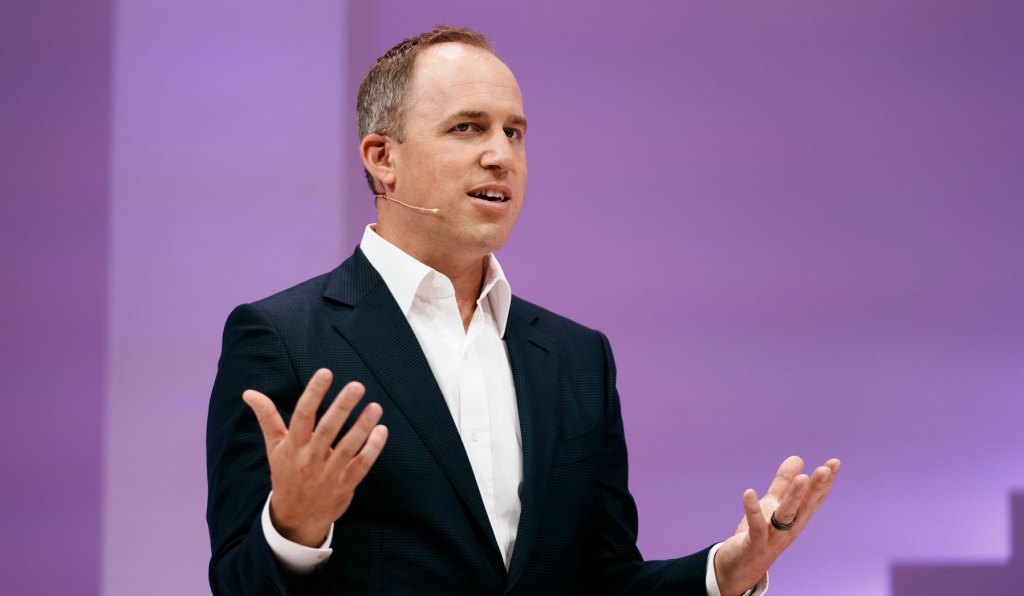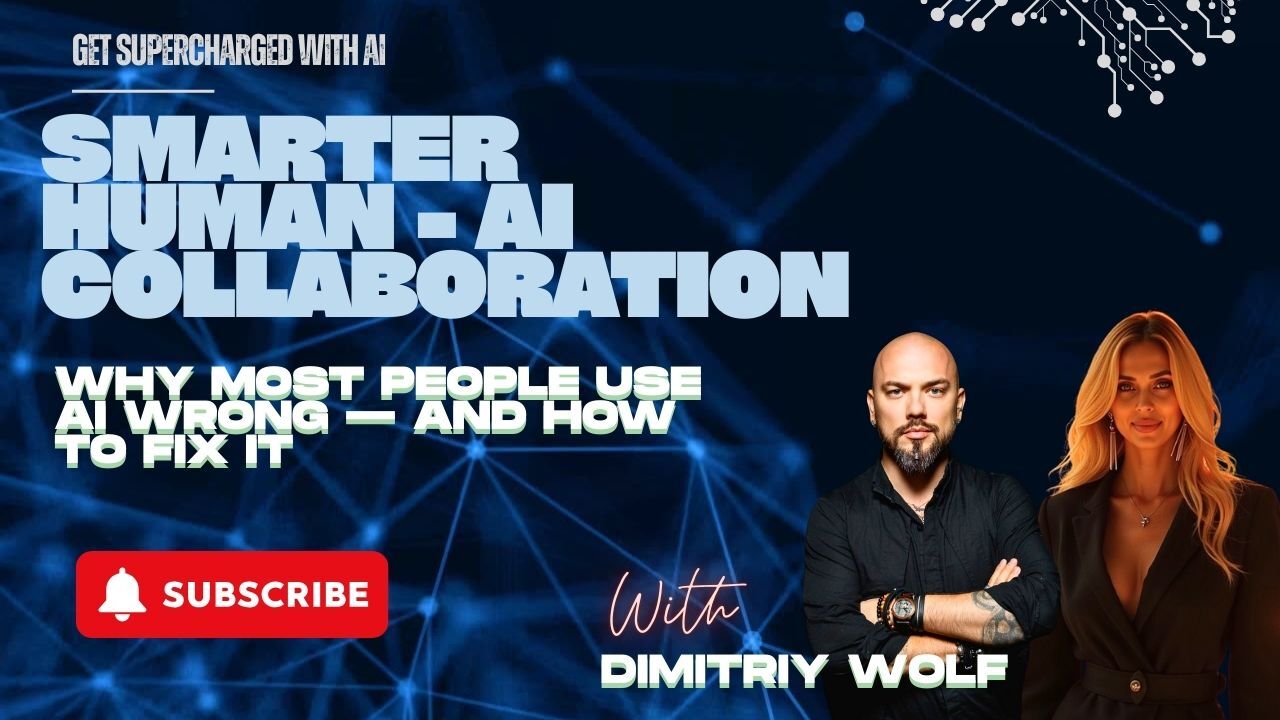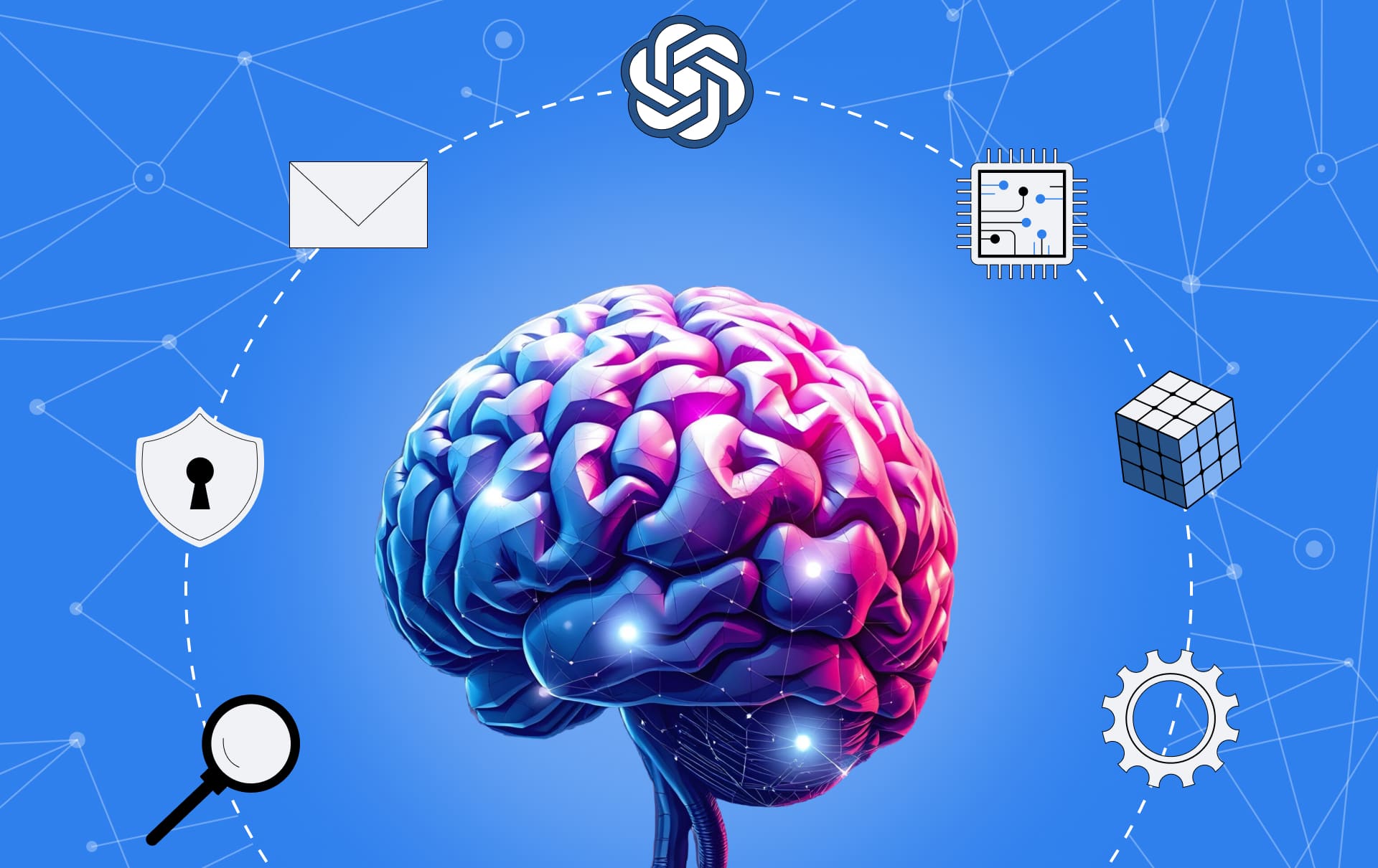Good morning ☀️, leader of the next generation.
Sometimes we give technology too much credit or too much blame.
The truth is, it’s a tool. How we use it is what matters.
Used with purpose, it helps us see more clearly, build faster, and express ourselves in new ways.
It’s not about chasing trends. It’s about creating something real.
WHAT'S AT STAKE TODAY ⚡
- 🤖⚡ Grok says Elon Musk is better than basically everyone, except Shohei Ohtani
- 🔥💎 The hottest AI wearables and gadgets you can buy right now
- 💰🚀 AI mania is making Nvidia a lot of money
- 🎯🏭 How this founder's unlikely path to Silicon Valley could become an edge in industrial tech
- 🚗📍 Waymo gets regulatory approval to expand across Bay Area and Southern California
- ⚠️💸 AI is too risky to insure, say people whose job is insuring risk
Meta seeks electricity trading approval to accelerate data center power development
Meta wants to get into the electricity trading business

Meta is pursuing an unconventional strategy to address the massive energy demands of its artificial intelligence ambitions: entering the electricity trading market. The social media giant is seeking federal approval to buy and sell power, a move designed to accelerate the construction of new power plants essential for fueling its expanding data center operations.
The company joins Microsoft in requesting permission from federal authorities to trade electricity, following Apple's successful approval for similar activities. This strategic pivot represents tech companies' increasingly proactive approach to securing the enormous energy resources required for AI infrastructure development.
Meta's plan involves making substantial long-term electricity purchase commitments to new power plant developers while maintaining the flexibility to resell excess energy on wholesale markets. This dual approach allows the company to demonstrate serious commitment to power producers while managing financial risk through market trading capabilities.
Urvi Parekh, Meta's head of global energy, emphasized the importance of showing concrete commitment to power plant developers. "Power plant developers want to know that the consumers of power are willing to put skin in the game," she explained to Bloomberg. Her comments highlight the critical relationship between guaranteed demand and new energy infrastructure development.
The urgency behind Meta's electricity trading ambitions becomes clear when considering the scale of energy requirements for modern AI data centers. These facilities consume vastly more power than traditional data centers, creating unprecedented demand that existing electrical infrastructure struggles to meet.
Parekh stressed that without Meta taking a more active role in expanding power system capacity, the necessary infrastructure development won't happen quickly enough to meet the company's timeline. This proactive stance reflects the reality that tech companies can no longer passively wait for energy markets to respond to their growing needs.
The magnitude of these energy requirements is starkly illustrated by Meta's Louisiana data center project, which will require at least three new gas-powered plants to meet its electricity demands. This single facility demonstrates the massive infrastructure investment needed to support the AI revolution's computational requirements.
Meta's entry into electricity trading represents a broader trend among major tech companies taking direct action to secure energy resources. Rather than relying solely on existing power markets and infrastructure, these companies are becoming active participants in energy development and trading.
The strategy also reflects the complex challenge of balancing ambitious AI development timelines with the realities of power grid capacity and new plant construction schedules. By becoming electricity traders, tech companies can better coordinate their energy needs with power generation development.
This approach may become increasingly common as AI capabilities expand and computational demands continue growing exponentially. The success of Meta's electricity trading venture could establish a new model for how technology companies secure the massive energy resources their future operations will require.
Attention spans are shrinking. Get proven tips on how to adapt:
Mobile attention is collapsing.
In 2018, mobile ads held attention for 3.4 seconds on average.
Today, it’s just 2.2 seconds.
That’s a 35% drop in only 7 years. And a massive challenge for marketers.
The State of Advertising 2025 shows what’s happening and how to adapt.
Get science-backed insights from a year of neuroscience research and top industry trends from 300+ marketing leaders. For free.
AI startup Sierra achieves remarkable $100M revenue milestone
Bret Taylor's Sierra reaches $100M ARR in under two years

Sierra, co-founded by former Salesforce co-CEO Bret Taylor and Google veteran Clay Bavor, has achieved $100 million annual recurring revenue in just 21 months. The San Francisco-based startup builds AI customer service agents for enterprises, surprising founders with its rapid adoption across industries.
Clients include tech companies like Discord and Rivian, plus traditional businesses such as ADT and Cigna. Sierra automates complex customer service tasks like processing returns and mortgage applications. Valued at $10 billion after raising $350 million, the company uses outcome-based pricing rather than subscription fees.
🎙️ NEW EPISODE DROP:
The Future of Human + AI Collaboration | What are The Smarter Ways to Use AI

I sat down with Dimitriy Wolf — social engineer, psycholinguist, and advisor to presidents, sheikhs, and TEDx speakers — to break down why most people use AI wrong.
We covered how to think *with* AI (not just prompt it), how to build authentic brand voices, and what yachts have to do with artificial intelligence.
If you're still using ChatGPT like a search bar — you're getting left behind.
⚡ Trends for the Future
Trump administration might not fight state AI regulations after all

Trump administration puts executive order targeting state AI regulations on hold.
The Trump administration's aggressive stance toward state-level AI regulation appears to be softening after facing significant political opposition. President Trump had declared on social media this week that the AI industry needs "one Federal Standard instead of a patchwork of 50 State Regulatory Regimes," signaling his administration's preference for centralized oversight.
The push for federal control over AI regulation began when a 10-year ban on state AI regulation was initially included in Trump's "Big Beautiful Bill." However, the provision was decisively rejected by the Senate in a overwhelming 99-1 vote, demonstrating bipartisan resistance to the proposal.
Following the Senate's rejection, the administration reportedly pivoted to a different approach. Sources indicated that an executive order was being drafted to establish an AI Litigation Task Force, which would have been tasked with challenging state AI laws through federal lawsuits. The proposal also included provisions to threaten states with contested AI laws with the loss of federal broadband funding, using financial leverage to discourage state-level regulation.
According to Reuters, this executive order has now been put on hold. The decision likely reflects the administration's recognition that such an order would face substantial opposition, including criticism from Republican lawmakers who had previously opposed the proposed moratorium on state regulation.
The debate over AI regulation has created divisions within Silicon Valley and the broader tech community. Some industry figures, particularly those aligned with the Trump administration, have publicly criticized companies like Anthropic for their support of AI safety legislation, including California's SB 53.
This retreat from federal intervention marks a significant shift in the administration's approach to AI governance, suggesting that states may retain more autonomy in crafting their own AI regulatory frameworks than initially anticipated.

⚡ You’re Smart. Strategic. Intentional. So Let’s Be Real:
Where Are You Holding Back— On Purpose?
Every smart operator has something they’re intentionally avoiding.
Not because they’re lazy — but because it’s risky, unknown, or just... a bit *uncomfortable*.
So what’s that thing for you?
That one decision, move, or experiment you know would push you forward — but you’ve been choosing not to do it.
Tell us — and we’ll share a tactical POV or tool to help you rethink it.
No fluff. Just momentum.
AI is humanity's most powerful instrument for positive change, giving us the ability to achieve breakthroughs that will transform every aspect of our world for the better.
Richard Liu, also known as Liu Qiangdong, is the founder and former CEO of JD.com, one of China's largest e-commerce companies known for its sophisticated logistics network and commitment to authentic products. His leadership in building one of the world's most advanced supply chains and delivery systems has revolutionized retail in China, and he continues to advocate for using AI, robotics, and automation to create more efficient commerce while ensuring product quality and customer trust.
🎬 How to Use AI Agents to Build High-Converting Video Ads
Build once. Scale everywhere. In just minutes.

What if: Instead of spending weeks scripting, editing, and testing ads… you could build 10 variations of a high-converting video in 15 minutes — with agents handling the voiceover, visuals, call-to-action, and even the hook testing?
That’s exactly what we’ll show you this week — live.
Why This Changes Everything for Founders 🧠
- 🎥 Fast-Track Ad Creation: From idea to launch-ready video in under an hour — no team needed.
- 🔁 Test Like a Pro: Run A/B tests on 10 hooks, CTAs, or visuals — while you sleep.
- 💰 Better ROAS, Less Guessing: Let agents learn what your audience *actually* responds to.
- 📦 Works for Any Product: Digital or physical — agents adapt to your niche & brand voice.
📅 Join the Live Session w code Supercharged
We’ll walk you step-by-step through building your own ad-generating agent — no code needed.
👉 Click here to save your seat for the webinar
You’ll leave with a working prototype, free templates, and 5x more speed in your next ad campaign.
🎁 Bonus for Attendees:
- ✅ AI Agent Template for Ad Generation
- ✅ "Top 10 Hooks That Convert" Prompt Pack
- ✅ Entry to win a Free AI Strategy Audit
Episode 1: AI Education Without Limits
I sat down with Dr. José Fernández from the Miami Dade College AI Center to explore how AI is transforming education.
We discussed how students today can access world-class AI training with almost zero student loan debt — making innovation more accessible than ever.
Episode 2: What if your story were your sales strategy?
I sat down with Maury Rogow, a Hollywood producer and branding mastermind behind $2.5B in brand growth.
We talked about why the brands that feel effortless aren’t the loudest — they’re just the most aligned.
🌡️ Use the Satisfaction Thermometer to show us how much you enjoyed The Supercharged today ;)

The Supercharged is aiming to be the world's #1 AI business magazine and is on a mission to empower 1,000,000 entrepreneurs worldwide by 2025, guiding them through the transition into the AI-driven creative age. We're dedicated to breaking down complex technologies, sharing actionable insights, and fostering a community that thrives on innovation, to become the ultimate resource for businesses navigating the AI revolution.
The Supercharged is the #1 AI Newsletter for Entrepreneurs, with 25,000 + readers working at the world’s leading startups and enterprises. The Supercharged is free for the readers. Main ads are typically sold out 2 weeks in advance. You can book future ad spots here.
I'm sending this email because you registered for one of our workshops or our affiliates brought you. You can unsubscribe at the bottom of each email at any time.


